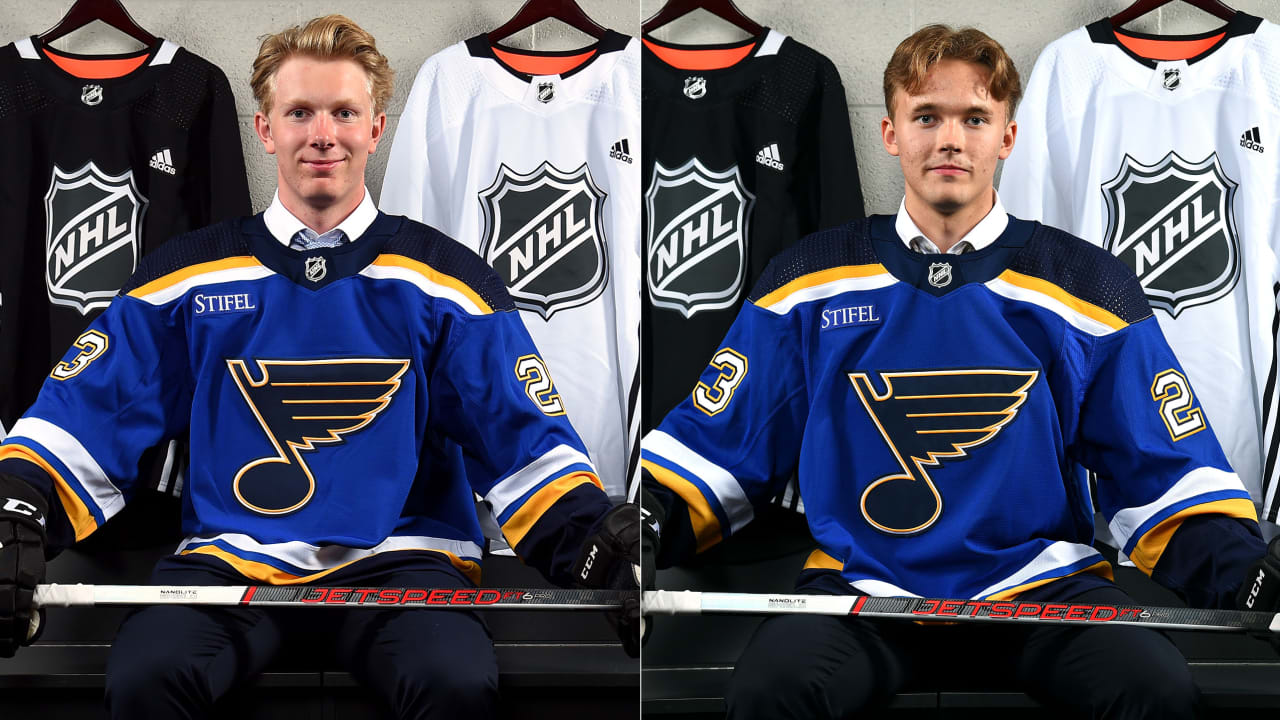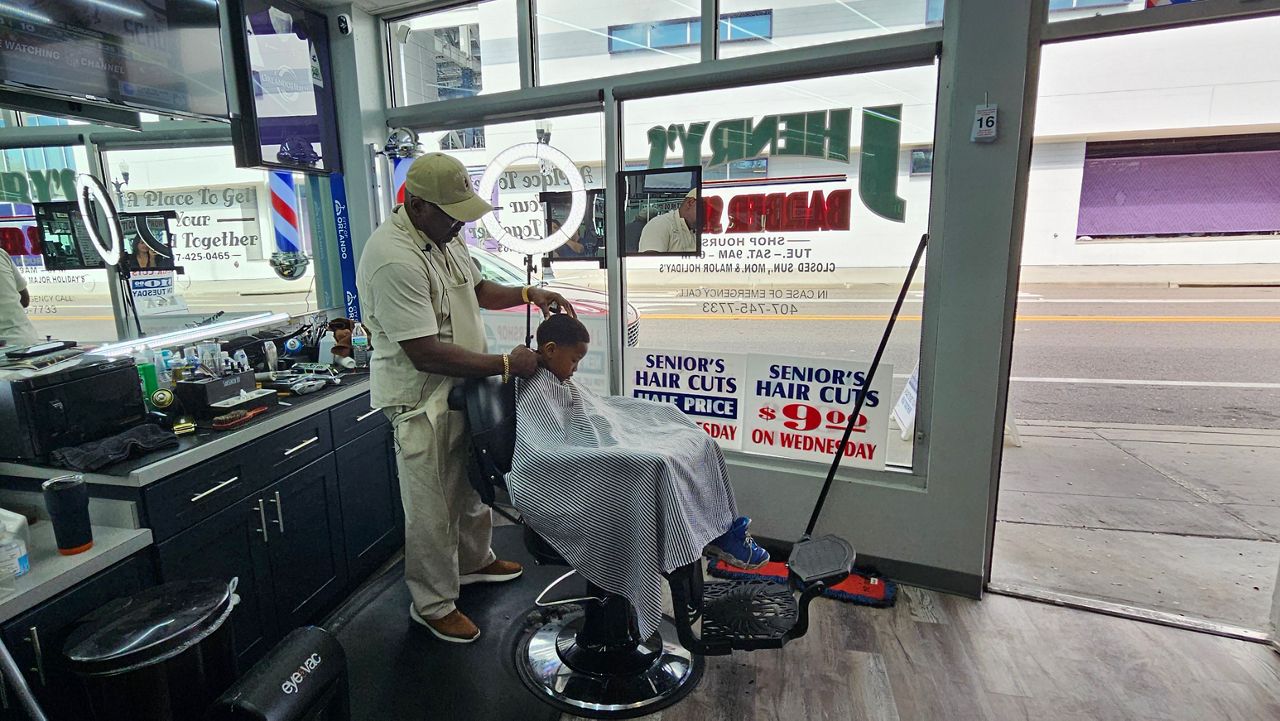Bussiness
The pantry is a new symbol of success and wealth. Now, this CEO wants her grocery store to be the Sephora of food retail.
- Emily Schildt, 37, is a veteran brand marketer and CEO of Pop Up Grocer, a boutique grocery store.
- Pop Up Grocer, which has been called NYC’s answer to Erewhon, has plans to expand across the US.
- Its success thanks to Gen Z viewing a pantry stocked with pricey snacks as a status symbol.
Emily Schildt is a millennial, but if you peeked into her pantry, you could easily mistake her for Gen Z.
Bank of America reported Gen Z customers spent more at premium grocery stores than any other generation in 2024. Younger consumers are more likely to buy luxury grocery items as they become priced out of more expensive purchases, like a house or designer handbag.
Schildt, 37, gets the hype. The self-proclaimed “peanut butter connoisseur” currently has two spreads on rotation in her Brooklyn home: One Trick Pony Nuts, a peanut butter made of Argentine peanuts and Patagonian sea salt, and Pistakio’s pistachio spread. Together the two jars retail at over $25.
Schildt, the CEO of Pop Up Grocer, is accustomed to the price of luxury condiments. She launched the boutique grocery store in 2019 to spotlight the newest modern food and beverage brands.
Brian Bills
The brand’s first brick-and-store opened last year in the West Village. TikTokers dubbed Pop Up Grocer as New York City‘s answer to Erewhon — an upscale market chain in Los Angeles known as a celebrity hotspot and for pricing essentials like milk for $20.
Schildt was working as marketer for small food companies and saw firsthand how difficult it was for her clients to succeed at large retailers.
“You can obviously have a great product and a wonderful story to tell, but ultimately, it was really difficult, if not impossible, to find a shelf on which to sell your product,” Schildt said.
That realization led her to launch Pop Up Grocer in 2019. Schildt told Business Insider, “I started as a single pop-up store here in New York and it was just 10 days long and it was really successful. So we went on to do nine more of those.” Pop up Grocer raised a $3 million seed round in 2021.
Now, the company has evolved into a permanent store. Schildt said the store, which opened in 2023, has been successful “in terms of year-over-year growth.”
“We have been fortunate to operate every unit since our start profitably,” she said, adding “I’m very proud and excited about that.”
“Now we are putting plans in place and making inroads to open a second store,” she said.
Gen Z is redefining groceries as a luxury
The last four years haven’t been without challenges.
First, there was the not-so-small hurdle of launching Pop Up Grocer during a worldwide pandemic. “It was wild,” Schildt said, adding that she felt it has had a lasting impact on consumers.
People might be more “flush with cash” nowadays, she said, but “they’re being very reserved about how they’re spending it.”
However, one demographic isn’t afraid of splurging on pantry products: Gen Z. BI previously reported that Gen Zers are spending more on expensive snacks, food, and beverages than ever.
Schildt echoed this, telling BI the generation has redefined groceries as “a more accessible luxury product.”
Brian Bills
“A $20 Hailey Bieber smoothie from Erewhon might give you some clout among your peers and social audience,” she said. Similarly, at Pop Up Grocer, some of the most expensive snacks have the highest sales in revenue.
A $20 Coconut Cult yogurt is small potatoes compared to a luxury handbag, but it still gives you a feeling of indulgence, Schildt said.
The Sephora of Food Retail
Like many CEOs, Schildt does some of her best problem-solving and ideating on the shop floor.
“I learned that I didn’t really know my customers at all until, you know, I sat in our café for a week and watched how people use the store, what they’re buying, and how they interact with our team.”
It’s a strategy that Schildt used long before she opened the first Pop Up Grocer store.
When asked about the Erewhon comparisons, Schildt said, “Erewhon is my Mecca,” adding, “I went many times as a point of inspiration for starting my business. To go in there and to find camel milk as a concept was really sort of inspiring.”
In the aisles of Erewhon, Schildt asked herself: “If I’m using the store in this way for discovery and inspiration, why isn’t there a store that is created specifically for that purpose?”
Brian Bill
Enter Pop Up Grocer.
“Ultimately, our goal is to be the Sephora, if you will, of food and beverage, of grocery,” she said, “a place for discovering new brands and new products, for prioritizing, as a company, new brands and underrepresented and under-resourced founders across the US.”
Aspirational grocery shopping is a promising market for Schildt to bet her success on. Erewhon made an estimated profit of $171 million last year and told Bloomberg it averages four times the annual revenue per square foot of other groceries. Bayley & Sage, a luxury independent grocery store in London, saw a 29% increase in revenue last year, according to the Financial Times.
Schildt wouldn’t say where she plans to open the next Pop Up Grocer, though Los Angeles, a hub for the rich and famous of America, does seem like a logical next step.
If Pop up Grocer does head west, Erewhon should brace for some friendly competition, which Schildt said is necessary to grow the category.
“The more the merrier,” she added.










